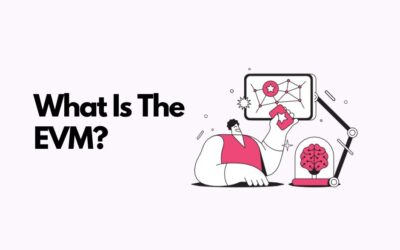Solidity is a programming language that is used to write smart contracts for the Ethereum blockchain. A smart contract is a self-executing contract with the terms of the agreement between buyer and seller being directly written into lines of code. The code and the agreements contained therein are stored and replicated on the Ethereum blockchain, which is a decentralized network of computers that uses cryptography to secure and verify transactions.
One of the main benefits of using Solidity to write smart contracts is that it allows for the automation of complex processes and the creation of decentralized applications (DApps). This means that once a smart contract has been deployed to the Ethereum blockchain, it can be triggered by external events and will execute the predetermined actions without the need for any human intervention.
Solidity is a high-level language, which means that it is relatively easy to read and write compared to low-level languages such as C or Assembly. It is also a statically-typed language, which means that the type of a variable (such as an integer or a string) must be declared when it is created. This can help to prevent errors and make the code more reliable.
One of the key features of Solidity is its support for inheritance, which allows smart contracts to inherit properties and functions from other contracts. This can be useful for creating modular and reusable code, as well as for implementing complex logic.
Another important aspect of Solidity is its support for various data types, including integers, booleans, and arrays. It also has support for data structures such as mappings, which can be used to create key-value pairs, and structs, which can be used to group related data together.
Overall, Solidity is a powerful and widely-used language for writing smart contracts and building decentralized applications on the Ethereum blockchain. It offers a number of useful features and is relatively easy to learn, making it a great choice for developers looking to get started with blockchain development.








0 Comments